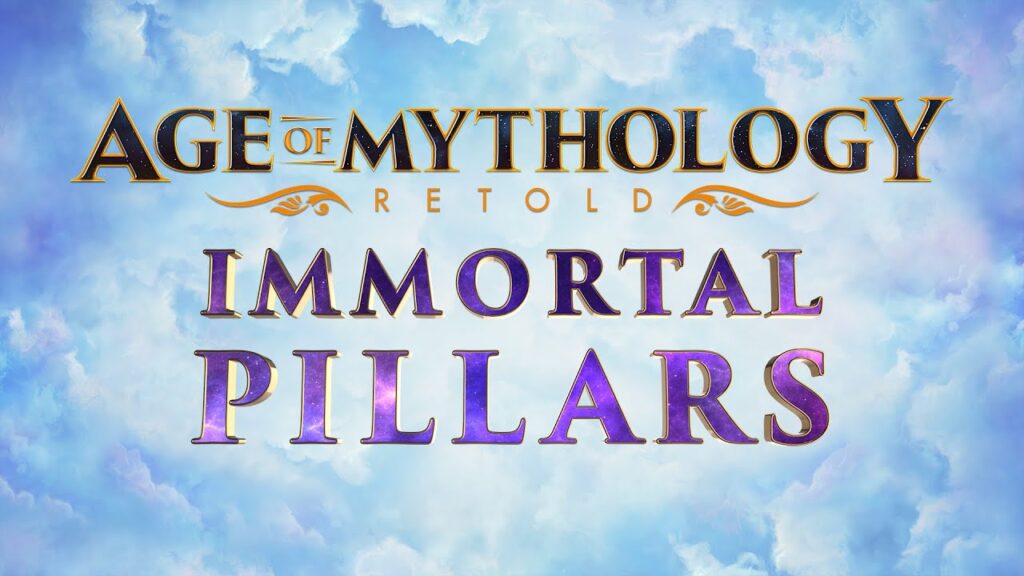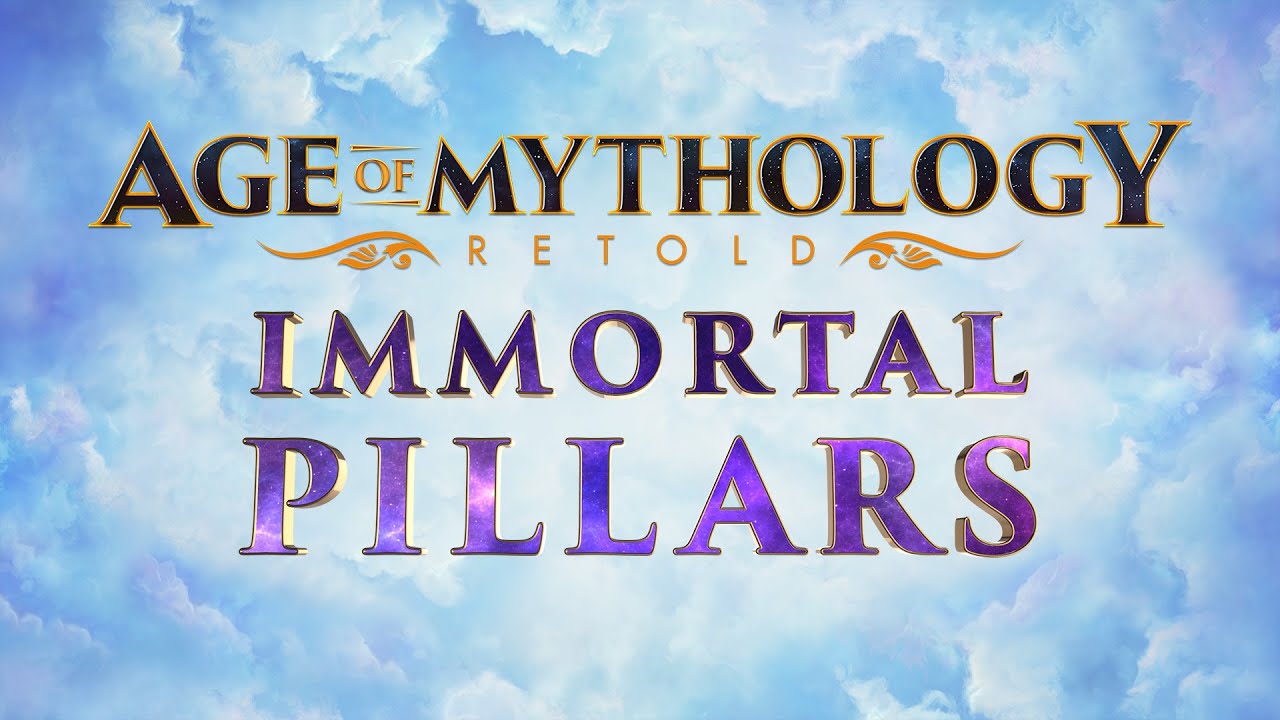
Unraveling the Enduring Allure of Immortality Myths
The quest for eternal life, or immortality, has captivated humanity for millennia. Across cultures and throughout history, immortality myths have emerged, reflecting our deepest fears about mortality and our aspirations for a life without end. This article delves into the fascinating world of these myths, exploring their origins, variations, and enduring appeal. From ancient elixirs to modern scientific pursuits, the dream of immortality continues to shape our beliefs and actions.
The Ancient Roots of Immortality Myths
The concept of immortality predates recorded history, finding expression in early religious and spiritual beliefs. Many ancient civilizations developed elaborate afterlife scenarios, offering a form of continued existence beyond death. These beliefs often involved rituals, offerings, and a complex cosmology to ensure a favorable transition to the next world.
Mesopotamian Tales of Eternal Life
One of the earliest and most well-known examples of an immortality myth comes from the Epic of Gilgamesh, a Mesopotamian poem dating back to the third millennium BCE. Gilgamesh, the king of Uruk, embarks on a quest for immortality after the death of his friend Enkidu. He seeks out Utnapishtim, the survivor of a great flood who was granted eternal life by the gods. While Gilgamesh ultimately fails to achieve immortality for himself, the epic highlights the human desire to overcome death and the recognition that some things, like stories and legacies, can offer a form of lasting remembrance.
Egyptian Beliefs in the Afterlife
Ancient Egyptian culture was deeply concerned with death and the afterlife. They believed that a person’s soul, or ka, could live on after death if properly prepared. This involved mummification, elaborate tombs filled with provisions, and the performance of specific rituals. The Book of the Dead, a collection of spells and prayers, guided the deceased through the underworld and helped them achieve immortality in the afterlife. The pharaohs, considered divine rulers, were particularly believed to achieve a form of immortality, continuing their reign in the realm of the gods.
Immortality Myths Across Cultures
The yearning for immortality is not unique to any one culture. Similar myths and legends can be found around the world, each reflecting the specific beliefs and values of its society.
Greek Myths of Gods and Heroes
Greek mythology is replete with stories of gods and heroes who achieved immortality. The Olympian gods, residing on Mount Olympus, were considered immortal beings with superhuman powers. Some mortals, through exceptional deeds or divine favor, were also granted immortality. Heracles, for example, after completing his twelve labors, ascended to Olympus and became a god. The concept of ambrosia, the food of the gods, was also associated with immortality, believed to bestow eternal youth and vigor.
Chinese Alchemical Pursuits
In Chinese culture, the pursuit of immortality has been a longstanding tradition, particularly within Taoism. Alchemists sought to create elixirs of life, often using rare and potent ingredients. These elixirs were believed to grant immortality by purifying the body and spirit. The search for the “philosopher’s stone,” a mythical substance that could transmute base metals into gold and grant immortality, was also a central theme in Chinese alchemy. [See also: The History of Alchemy] The concept of the “immortals,” enlightened beings who had transcended the limitations of mortality, also played a significant role in Chinese folklore and religious beliefs.
Hindu and Buddhist Concepts of Rebirth
While not strictly immortality in the Western sense, Hinduism and Buddhism offer alternative perspectives on the continuation of consciousness after death. The concept of reincarnation, or rebirth, suggests that the soul undergoes a cycle of death and rebirth, continuing its journey through different lifetimes. The ultimate goal is to achieve liberation from this cycle, known as moksha in Hinduism and nirvana in Buddhism, which represents a state of eternal peace and enlightenment. This liberation can be seen as a form of immortality, as the individual transcends the limitations of the physical body and the cycle of birth and death.
The Enduring Appeal of Immortality Myths
Why do immortality myths continue to resonate with us today? The answer lies in our fundamental human desire to overcome death and to find meaning and purpose in our lives. These myths offer comfort in the face of mortality, suggesting that death is not the end, but rather a transition to another state of being. They also inspire us to strive for greatness, to leave a lasting legacy, and to make a difference in the world.
Coping with the Fear of Death
The fear of death is a universal human experience. Immortality myths provide a way to cope with this fear by offering the hope of continued existence. Whether it’s the promise of an afterlife, the possibility of reincarnation, or the belief in a spiritual realm, these myths offer solace and reassurance that death is not the ultimate end. They allow us to imagine a future beyond our physical limitations and to find meaning in the face of our own mortality.
The Desire for Meaning and Purpose
Our lives are finite, but our aspirations can be infinite. Immortality myths tap into our desire for meaning and purpose, inspiring us to leave a lasting legacy. Whether it’s through our creative works, our relationships, or our contributions to society, we seek to make a difference in the world that will outlive us. These myths remind us that our actions have consequences and that we can create a lasting impact on the lives of others. The pursuit of immortality, in a symbolic sense, can drive us to achieve great things and to make the most of our time on Earth.
Modern Pursuits of Immortality
The quest for immortality is not confined to ancient myths and legends. In the modern era, scientists and technologists are exploring new ways to extend human lifespan and even achieve immortality. From advancements in medicine and biotechnology to the development of artificial intelligence and virtual reality, the pursuit of immortality is taking on new and exciting forms.
Biomedical Research and Longevity
Biomedical research is making significant strides in understanding the aging process and developing interventions to slow it down. Scientists are studying the genetic and cellular mechanisms of aging, identifying potential targets for therapies that could extend lifespan and improve healthspan (the period of life spent in good health). [See also: The Future of Aging Research] These interventions range from lifestyle changes, such as diet and exercise, to pharmaceutical interventions and gene therapies. While true immortality may still be a distant goal, these advancements offer the promise of a longer and healthier life.
Cryonics and the Hope of Future Revival
Cryonics is a controversial practice that involves preserving a deceased person’s body at extremely low temperatures, with the hope that future technology will be able to revive them. While the scientific feasibility of cryonics is still debated, it represents a modern attempt to overcome death and to achieve a form of immortality. Cryonics proponents argue that as technology advances, the ability to repair damaged cells and tissues will improve, potentially allowing for the revival of cryopreserved individuals.
Transhumanism and the Technological Singularity
Transhumanism is a philosophical and technological movement that advocates for the use of technology to enhance human capabilities and overcome human limitations, including death. Transhumanists believe that advancements in artificial intelligence, nanotechnology, and biotechnology could lead to a “technological singularity,” a point in time when technological progress becomes so rapid and profound that it transforms human existence. Some transhumanists believe that the singularity could lead to the development of technologies that enable immortality, such as mind uploading or radical life extension.
The Ethical Considerations of Immortality
The pursuit of immortality raises profound ethical questions. What would be the consequences of achieving immortality for individuals and society as a whole? How would it affect resource allocation, population growth, and social inequality? These are just some of the complex ethical issues that need to be considered as we continue to explore the possibilities of extending human lifespan and achieving immortality.
The Impact on Population Growth and Resources
If immortality were to become a reality, it would have a significant impact on population growth and resource availability. A population of immortal individuals would continue to grow indefinitely, potentially straining resources such as food, water, and energy. This could lead to increased competition for resources and exacerbate existing inequalities. Careful planning and resource management would be essential to mitigate these potential challenges.
The Question of Social Inequality
The benefits of immortality, if achieved, may not be equally accessible to all. If immortality technologies are expensive or require access to specialized medical care, they could exacerbate existing social inequalities. This could lead to a situation where the wealthy and privileged have access to immortality, while the poor and marginalized are left behind. Ensuring equitable access to immortality technologies would be a major ethical challenge.
The Meaning of Life in an Immortal World
If death were no longer a reality, how would it affect our understanding of life’s meaning and purpose? Would we still value our time and experiences in the same way? Would we still be motivated to achieve great things and to make a difference in the world? These are profound philosophical questions that need to be considered as we contemplate the possibility of immortality. Some argue that the finitude of life is what gives it meaning and that removing death would ultimately diminish our appreciation for life itself. [See also: The Philosophy of Existence]
Conclusion: The Enduring Dream of Immortality
Immortality myths reflect our deepest fears and aspirations, our desire to overcome death and to find meaning in our lives. From ancient tales of gods and heroes to modern scientific pursuits, the quest for immortality has been a constant throughout human history. While true immortality may still be a distant dream, the pursuit of it continues to drive innovation and inspire us to push the boundaries of what is possible. As we continue to explore the possibilities of extending human lifespan and even achieving immortality, it is essential to consider the ethical implications and to ensure that the benefits are shared by all. The allure of immortality will undoubtedly continue to captivate us for generations to come, shaping our beliefs, our actions, and our understanding of what it means to be human.

